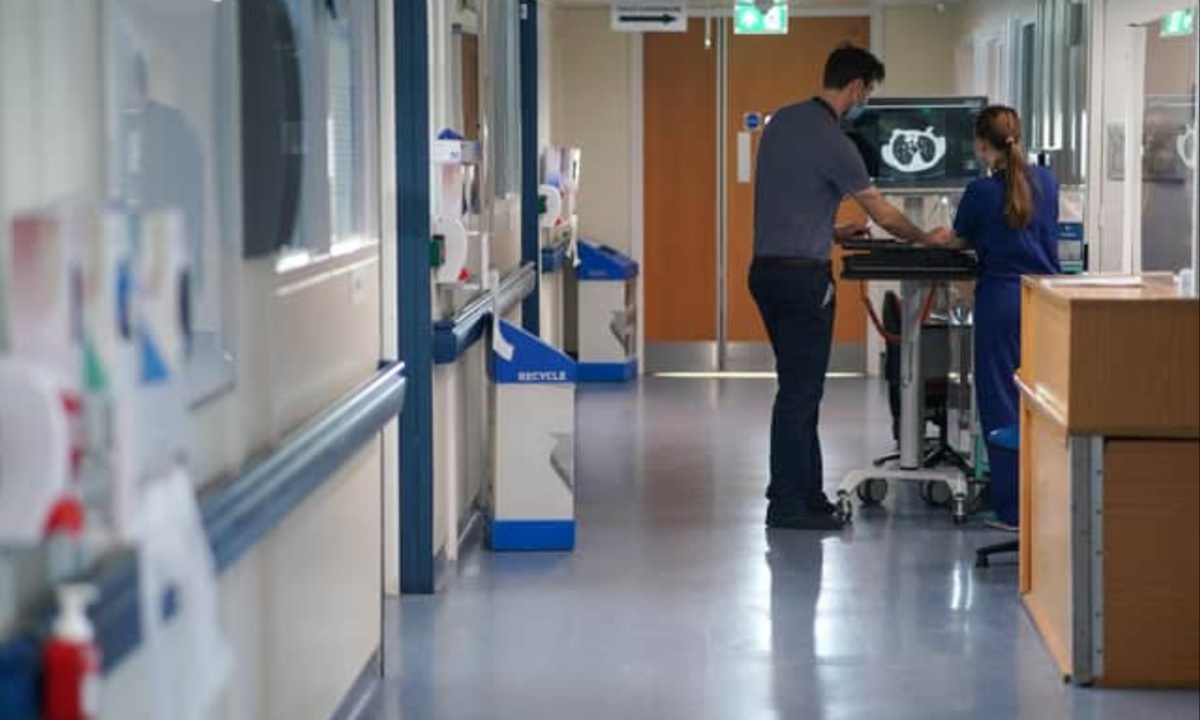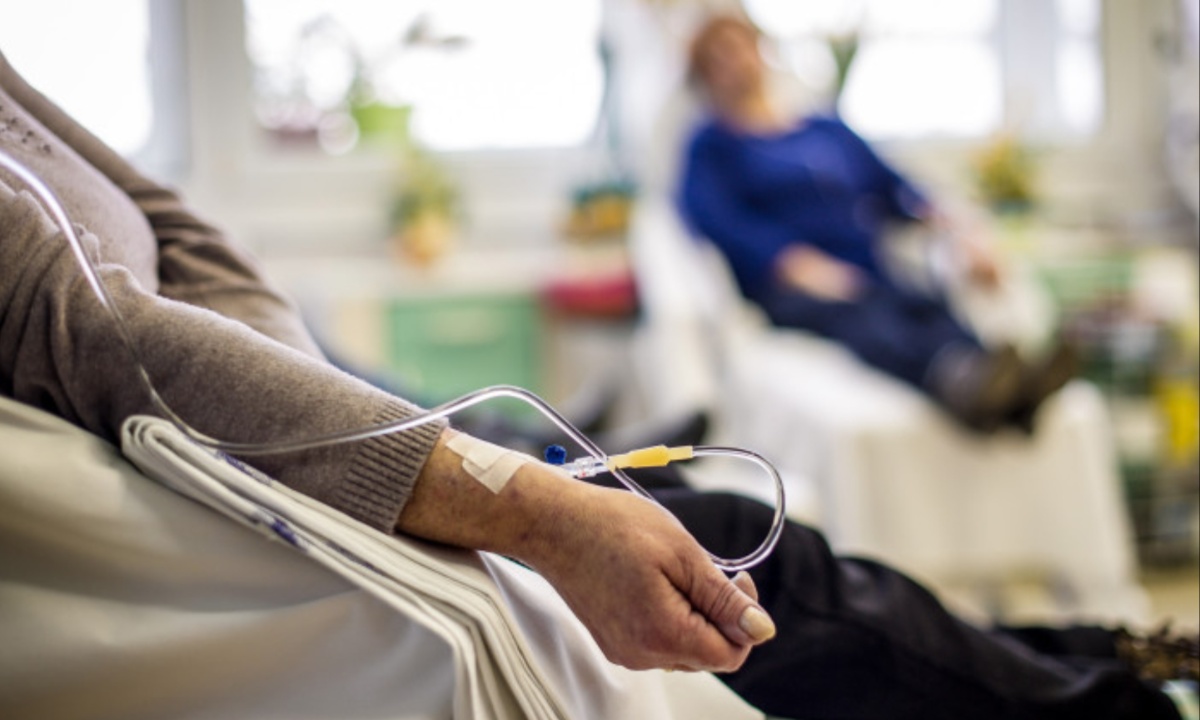A recent analysis by Cancer Research UK for BBC News highlights significant disparities in treatment wait times for various cancers in England, revealing that many patients face unacceptable delays. Specifically, individuals with cancers of the head and neck, bowel, and gynecological regions are at the highest risk of prolonged waits, with only slightly over half receiving treatment within the 62-day target.
In contrast, patients with blood, bone marrow, and skin cancers tend to experience shorter wait times, underscoring a critical issue that could jeopardize patient outcomes.
The tragic story of Jayne Gray, who died in 2021 after waiting 74 days for bladder cancer treatment, exemplifies the potential consequences of these delays. Despite her urgent referral, Jayne’s prolonged wait raises questions about the prioritization of cancer patients and whether the faster intervention could have altered her prognosis.
Her daughter, Amy Gray, expressed the emotional toll of this waiting period, indicating a deep sense of loss and uncertainty about whether timely treatment could have made a difference in her mother’s life.

Cancer Research UK attributes the variations in wait times to several factors, including a shortage of specialist staff and the complexities involved in diagnosing certain cancers. For example, the rise in bowel cancer referrals is partly due to increased awareness following high-profile cases, which adds pressure to an already strained system.
This situation suggests that not all cancer types are being treated equitably, emphasizing the need for systemic reforms to ensure timely care across the board.
Naser Turabi, Cancer Research UK’s evidence and implementation director, criticized the long wait times, stating that all cancer patients deserve timely treatment regardless of their cancer type.
He urged the new government to prioritize this issue and implement long-term strategies to improve care, suggesting a comprehensive 10-year plan that includes hiring additional staff and enhancing diagnostic capabilities. Without these measures, over 300,000 cancer patients in England could miss the treatment target over the next five years due to expected increases in referrals.
The Department of Health and Social Care acknowledges the challenges outlined in recent reports, including those by Lord Darzi, which noted that cancer patients in the NHS face higher mortality rates compared to those in other countries.
In response, officials pledged to develop a 10-year reform plan aimed at overhauling the NHS and improving cancer care through a multi-faceted approach that includes prevention, diagnosis, treatment, and research.
While there are indications of progress, such as improvements in the overall number of patients starting treatment within the 62-day target, the urgent need for reform remains evident as the health service grapples with ongoing challenges.
